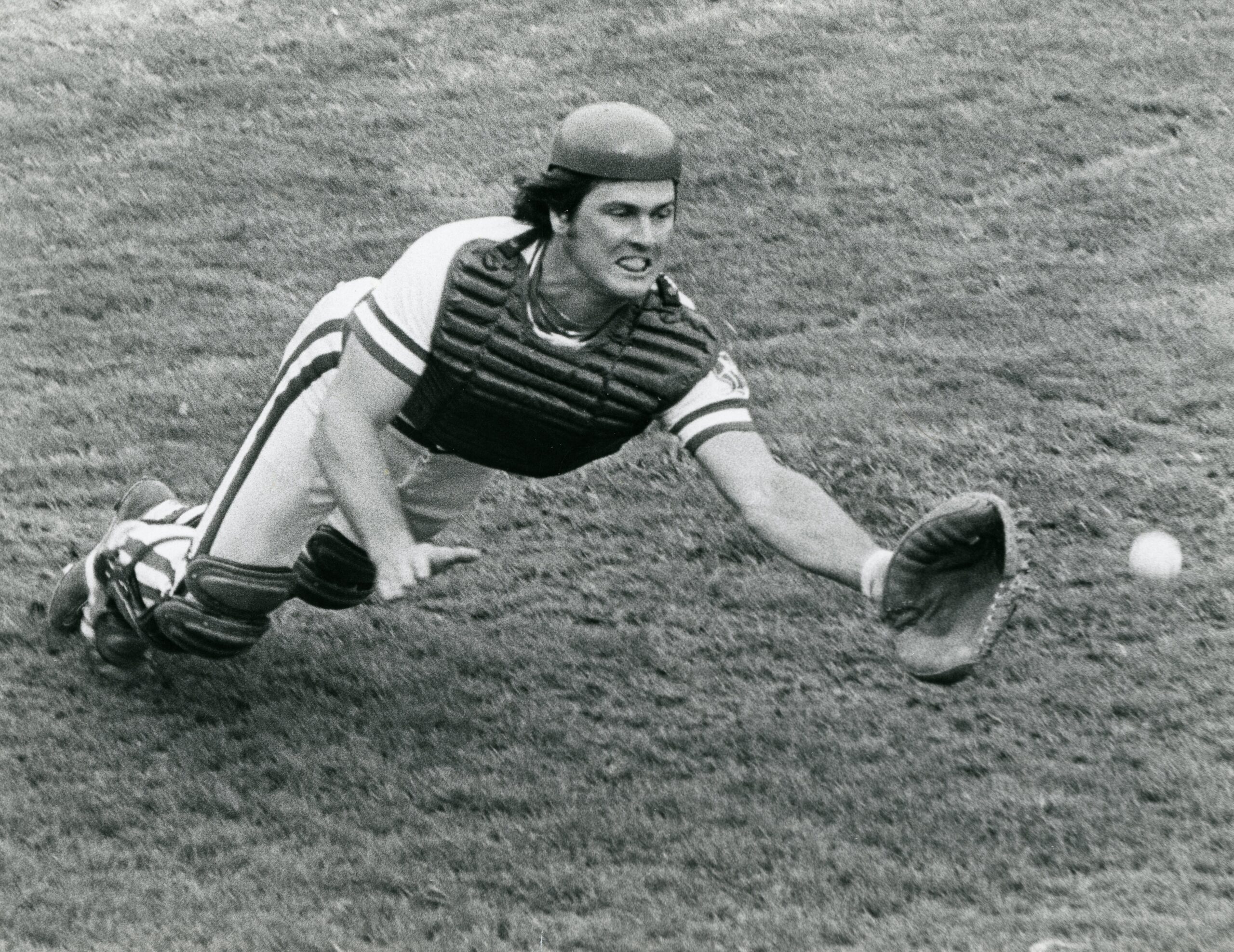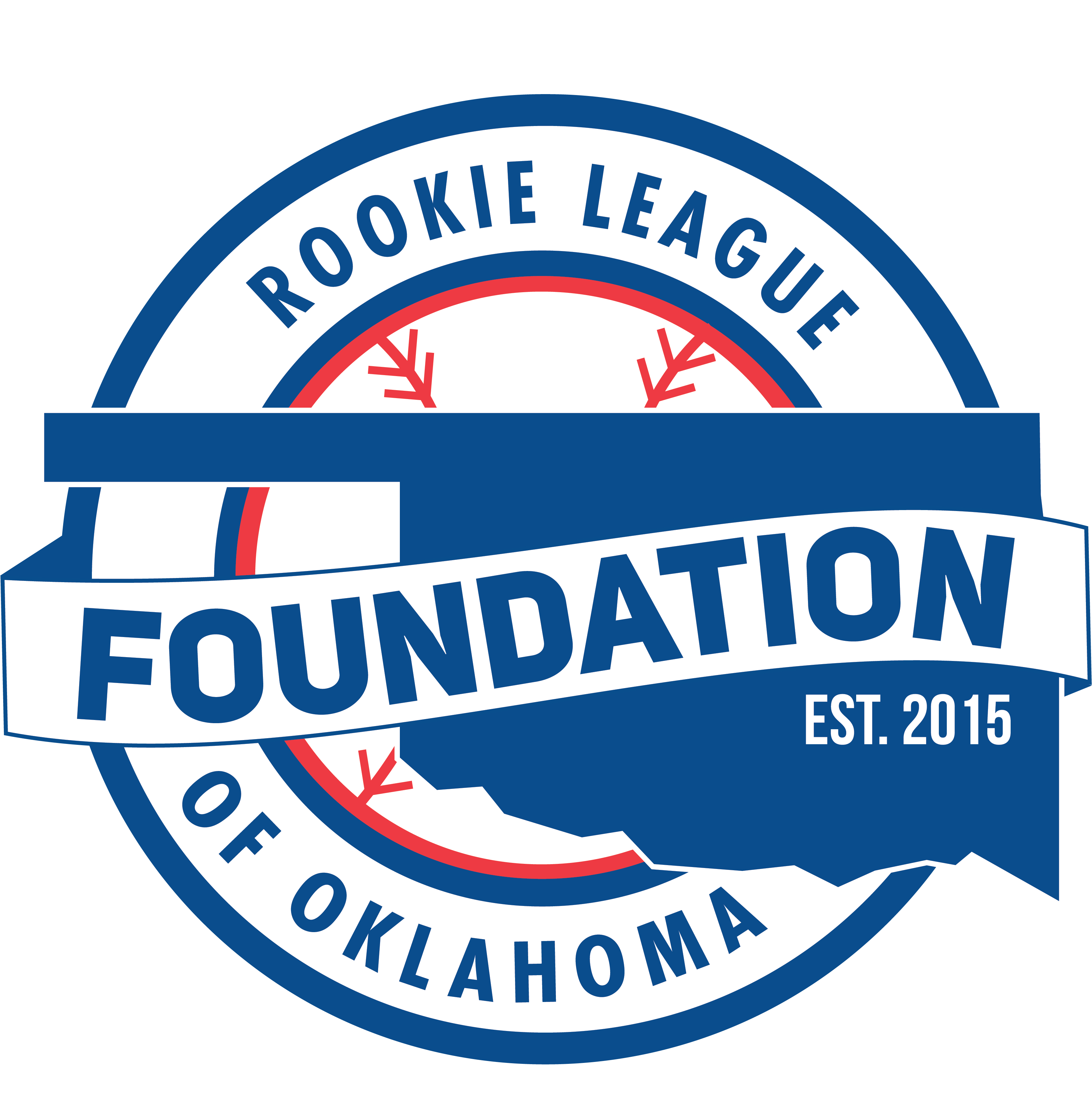Catching Up With Jim Sundberg

Induction into the inaugural class of the Texas Rangers Baseball Hall Fame in 2003 sealed Jim Sundberg’s legacy as one of the most accomplished and beloved players in team history.
Sundberg was drafted out of Galesburg (Ill.) High School by the Oakland A’s in the June 1969 Amateur draft but chose to attend and play baseball at the University of Iowa. After earning All American honors and leading the Hawkeyes to the 1972 College World Series, he was drafted by the Rangers in the June 1972 Draft.
After playing only one season in the minor leagues, Sundberg was promoted to the Rangers in 1974 and quickly became the team’s starting catcher. His rookie season was a memorable one for the Rangers, who were in only their third season in Texas after relocating from Washington D.C. Under the leadership of legendary manager Billy Martin, the Rangers finished with an 84-76 record and in second place in the A.L. West behind the eventual World Champion Oakland A’s. The 1974 campaign was only the second winning season in franchise history (dating back to 1961 in Washington). Sundberg was named as an All Star game reserve as a rookie and finished fourth in American League Rookie of the Year balloting (his teammate Mike Hargrove finished first).
Sundberg spent 10 seasons with the Rangers before being traded to the Milwaukee Brewers before the 1984 season. He would play at a high level for the Brewers, Kansas City Royals and Chicago Cubs before returning to Texas as a free agent midway through the 1988 season. Sundberg concluded his 16-year MLB career as a Ranger in 1989.
Considered one of the best defensive catchers in baseball history, Sundberg was a six-time Golden Glove honoree. He was also a three-time All Star and the starting catcher for the 1985 World Champion Royals. Sundberg scored the winning run in the bottom of the ninth inning in game six of that World Series when a bases loaded one-out bloop single by Dane Iorg plated Onix Concepción from third base and a hustling Sundberg from second base to lift the Royals to a dramatic 2-1 win. Kansas City would cruise to an 11-0 win in game seven to claw back from a 3-1 deficit and win the first World Series title in team history.
Sundberg caught nine Major League Hall of Famers in his career, starting with Fergie Jenkins in his first game at age 23 in 1974 (more on that later) and ending with Nolan Ryan in his last game at age 38 in 1989.
Jim Kern pitched for the Rangers for three seasons (1979-81) with Sundberg behind the plate. The three-time All Star and 1979 American League Rolaids Relief Pitcher of the Year says Sundberg was a great defensive catcher who made his pitchers look good.
“Sunny was known as a great defensive catcher when I got to Texas in 1979. In spring training, I told him I was more interested in how fast he could get back to the screen for my wild pitches than I was in how well he blocked pitches in the dirt!” Kern said. “Sunny had a great arm to second base which allowed a pitcher to concentrate on the hitter more with a fast man on first as you had confidence Jimmy would nail him at second if he tried to steal even if he got a good jump on you.”
After retiring from baseball, Sundberg spent six years as color analyst for the Texas Rangers on their television and cable networks. He would go on to succeed in many more fruitful ventures, including a stint as the Rangers catching coordinator, and remains active to this day as an author, mentor and motivational speaker. For more information visit: www.sundbergteam.com
Mr. Sundberg recently took the time to share his thoughts on a variety of topics; ranging from playing for Billy Martin to his belief that it is important to create baseball opportunities for underserved youth groups.
How were you able to adjust and succeed at the Major League level after playing only a partial season of minor league baseball?
I made it to MLB based on my defensive abilities. My catching skills were advanced, and it would take a couple of years before my hitting improved.
I really didn’t think how well I would do until I started playing and realized after a month that my skill set worked well in the majors. That increased my confidence, and I realized I belonged and could stay there.
How was it playing for Billy Martin as a rookie in 1974 and what is your most vivid memory of playing for that team that nearly made the playoffs after a long string of losing seasons?
In my first year I enjoyed playing for Billy. He was encouraging, charismatic and motivational. He was tough on catchers, but I was able to handle it.
My most vivid memory was catching Fergie Jenkins in my first MLB game. I grew up a Cub fan in Illinois and watched him pitch at Wrigley Field. Catching Fergie in my first game was an unbelievable experience, he would go on to win 25 games that season.
How satisfying was it for the Rangers to win the World Series last year?
It was amazing to see the Rangers win the Series. We went to the first two games and game one will always be etched in my memories. A classic win with a dramatic Cory Seager two-run homer in bottom of ninth and then walk off extra inning homer by Garcia.
What is your fondest memory of playing in three All Star games and will you be involved in this year’s game at Globe Life Field?
I will be involved in seven events around the All-Star game this year. Three by the Rangers and four by MLB.
My fondest memory was my first All-Star game in my rookie year. To step into a locker room full of future Hall of Famers and players I watched growing up was truly an unforgettable experience.
The Rookie League Foundation of Oklahoma is on a mission to bring back youth baseball in communities where it has been on the decline over the past several decades due to economic barriers. Do you think creating opportunities is important for the growth of the game?
I do believe in organizations creating opportunities for youth to play baseball. The select baseball programs are expensive and limit the number of kids who can play, especially the underprivileged.
What are you up to these days? Anything you would like your fans to know?
In the last several years my focus has been toward writing books and ministry. My books can be published on Amazon. I spend a lot of days in ministry to helping men find more freedom in life.


